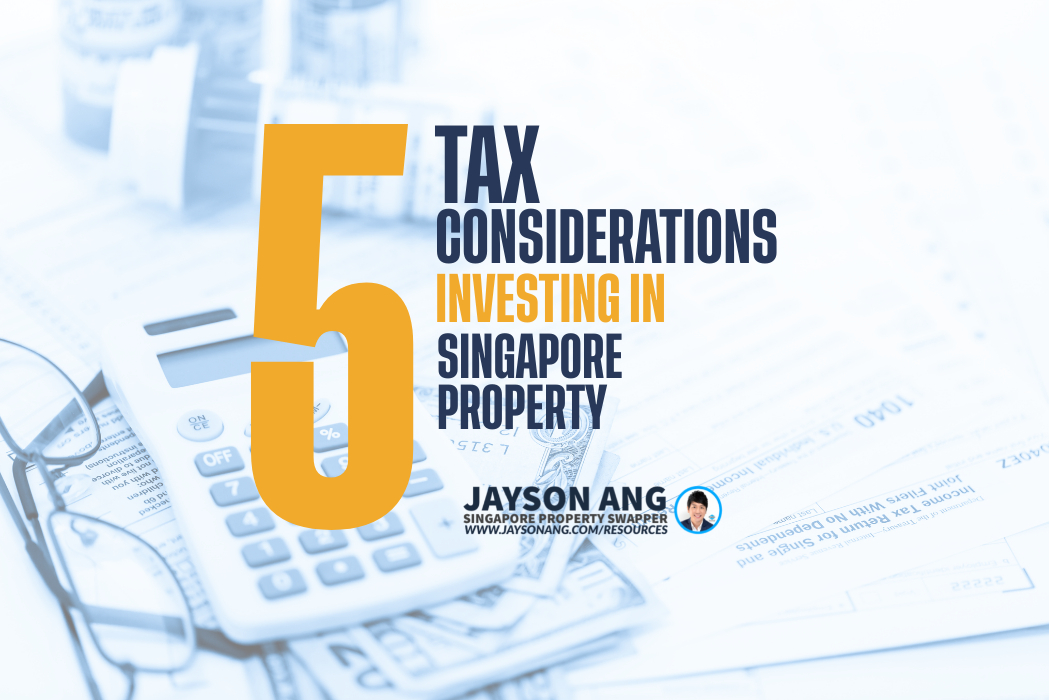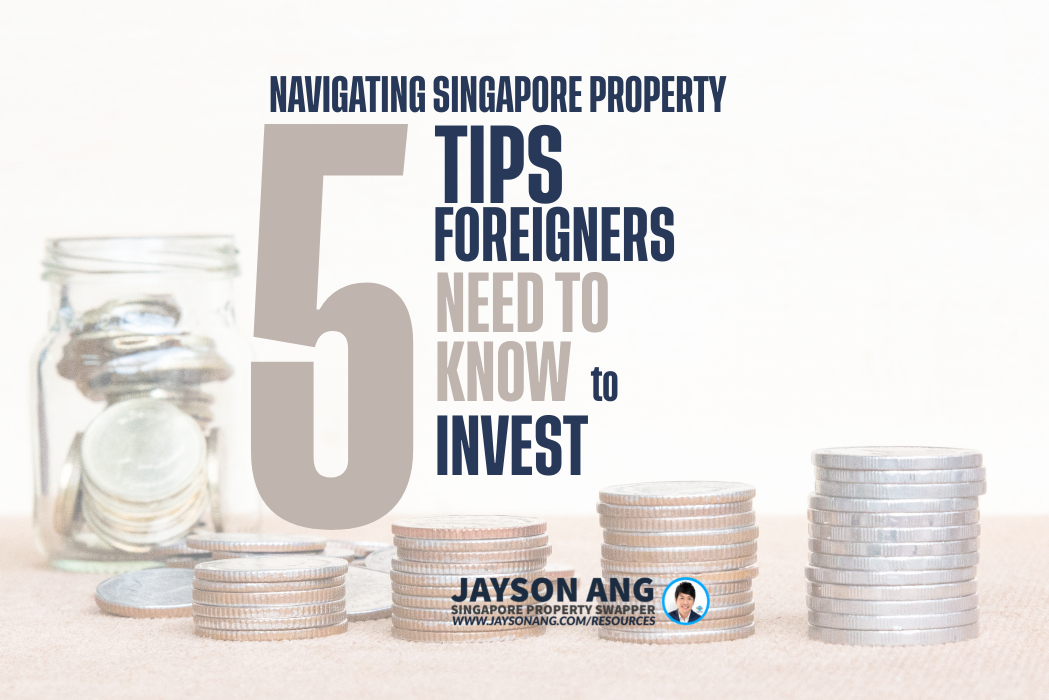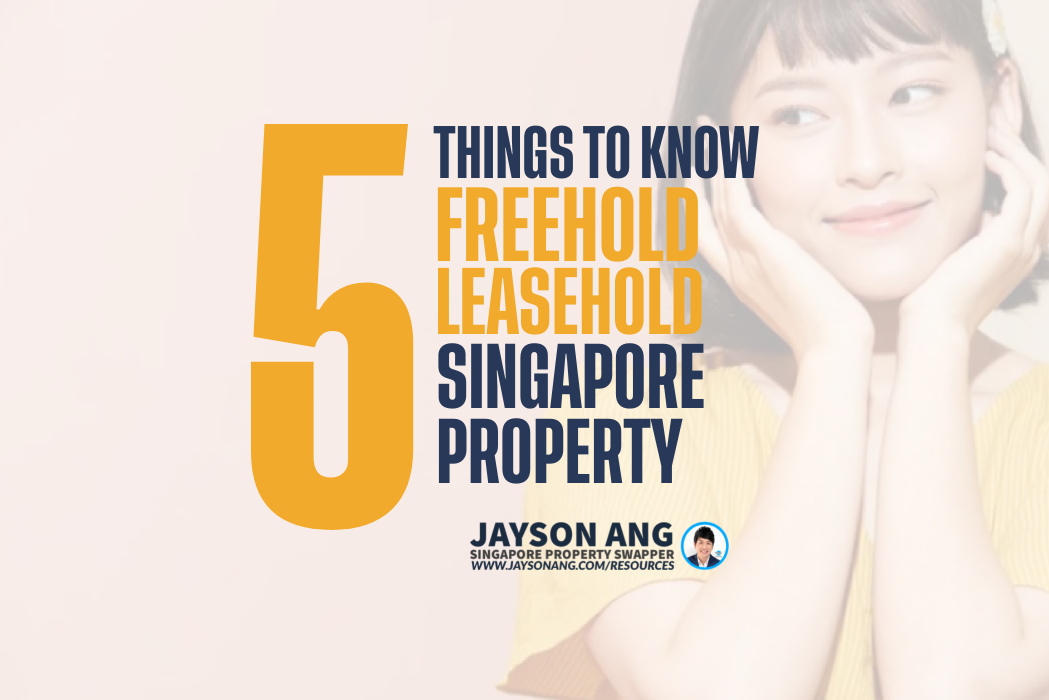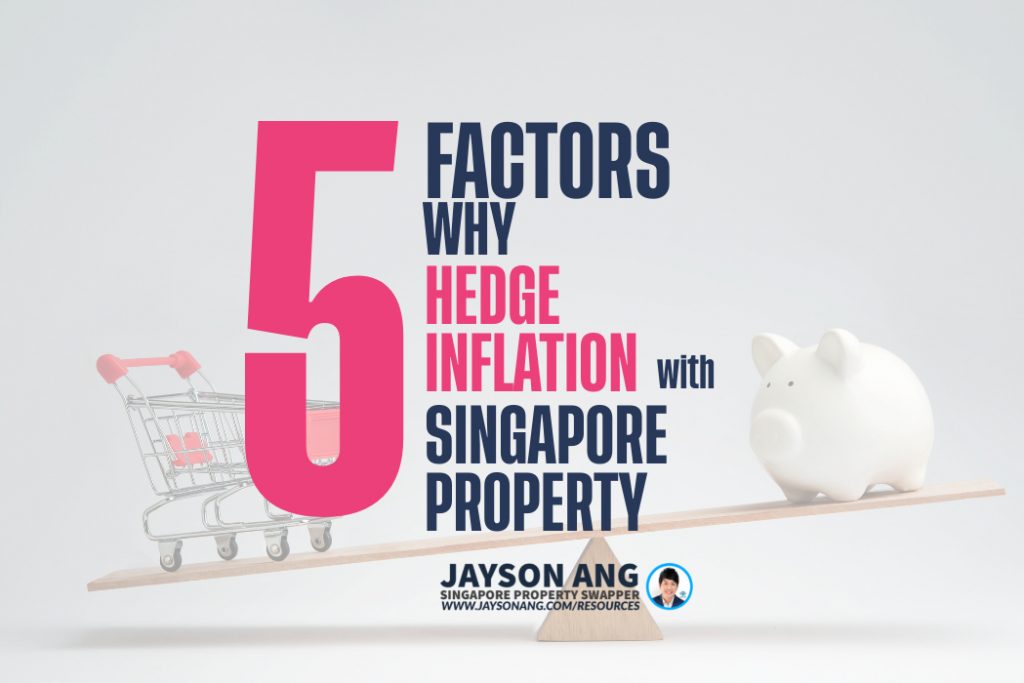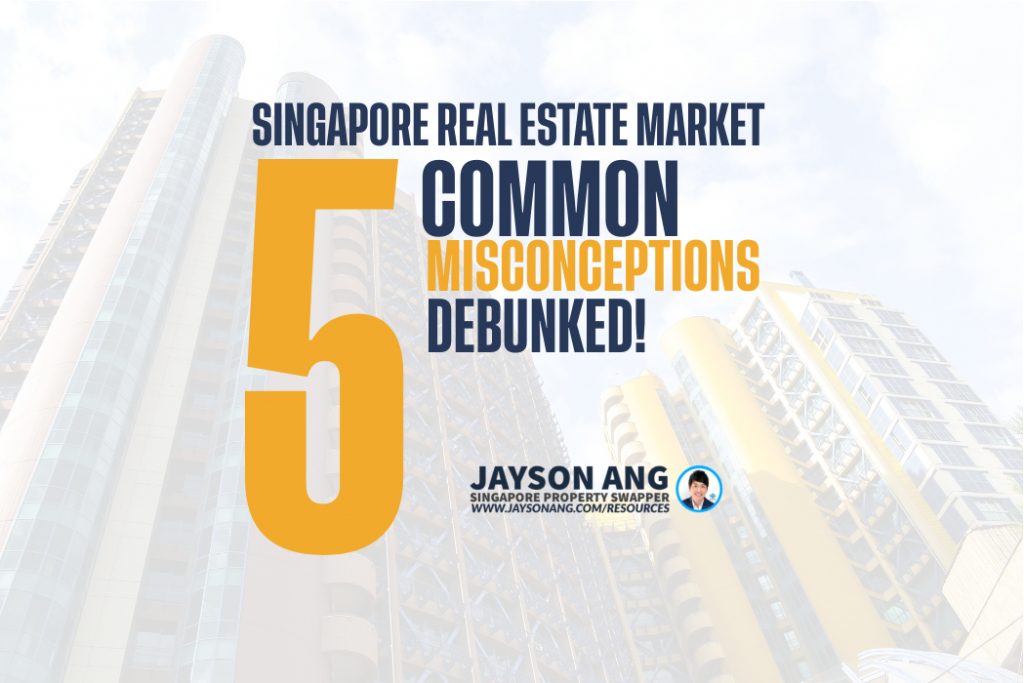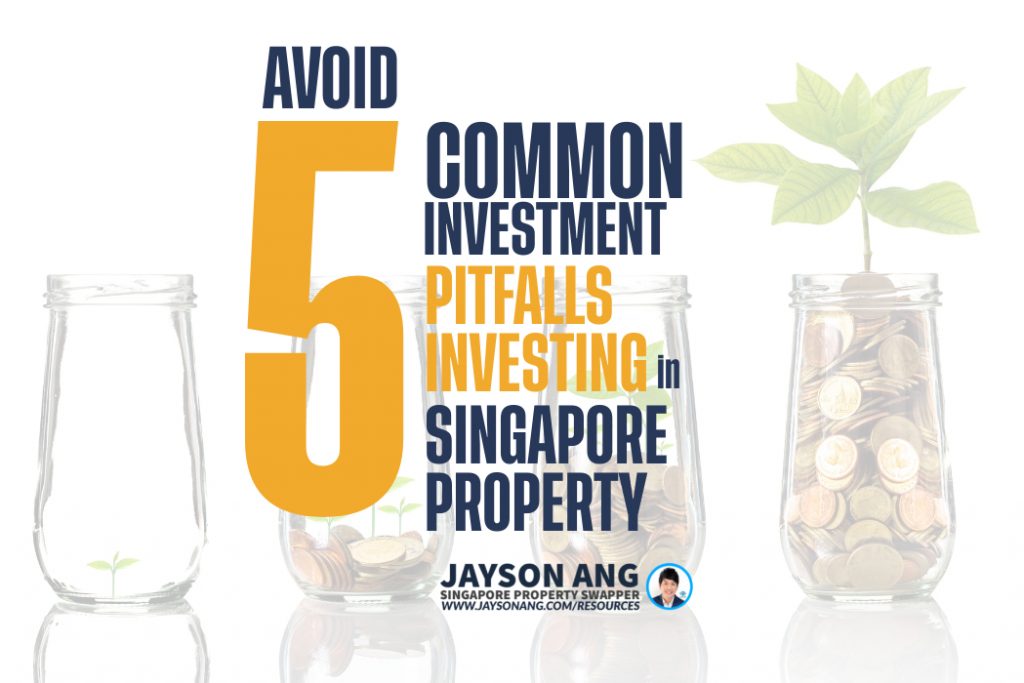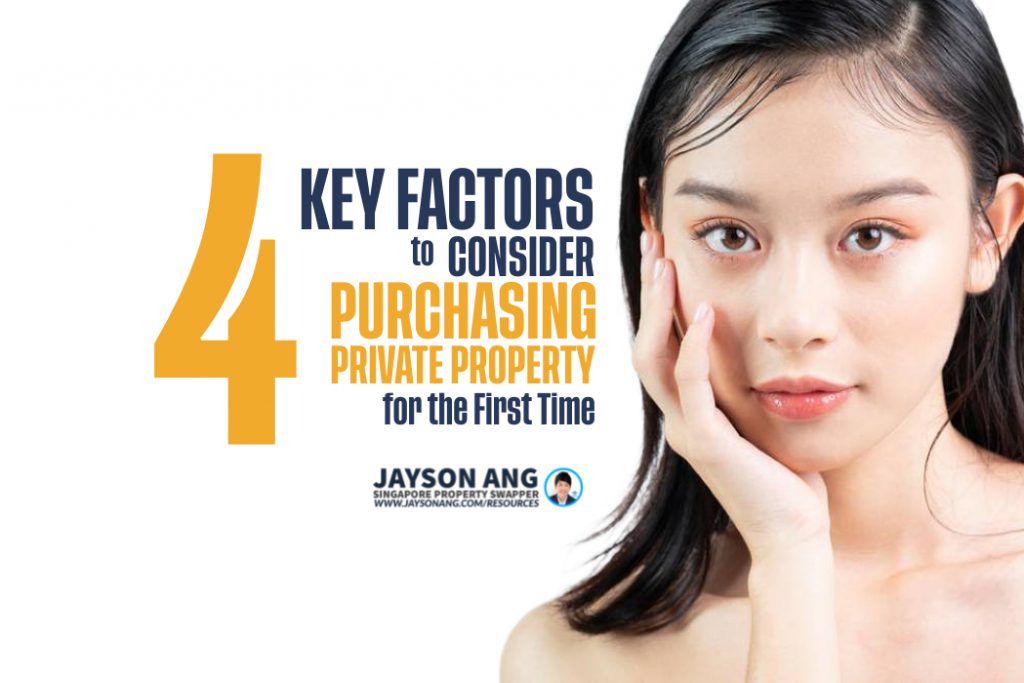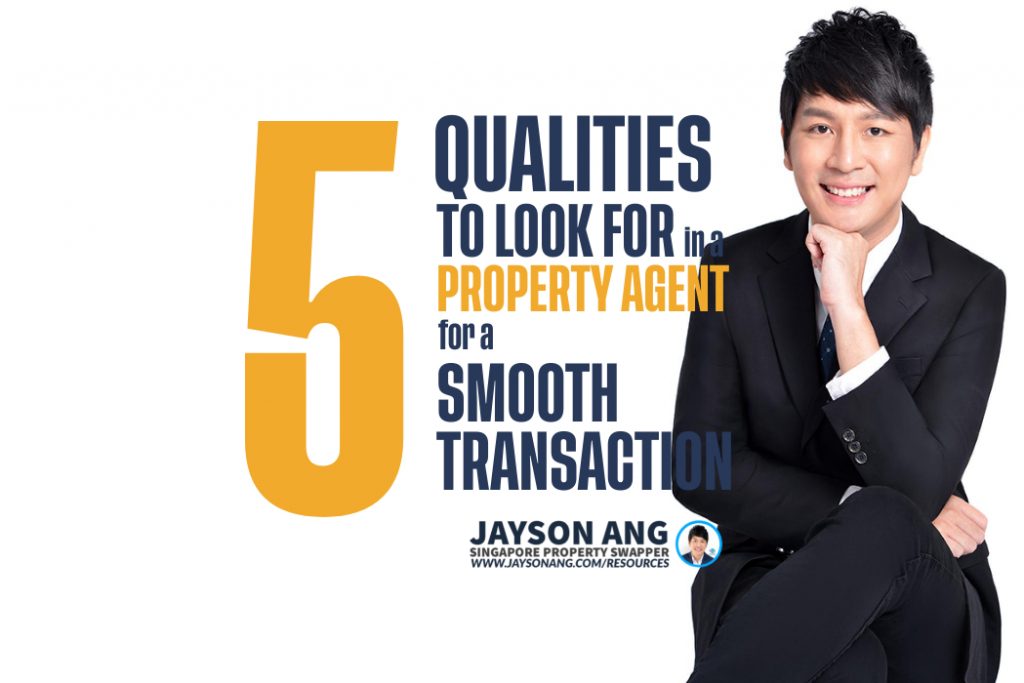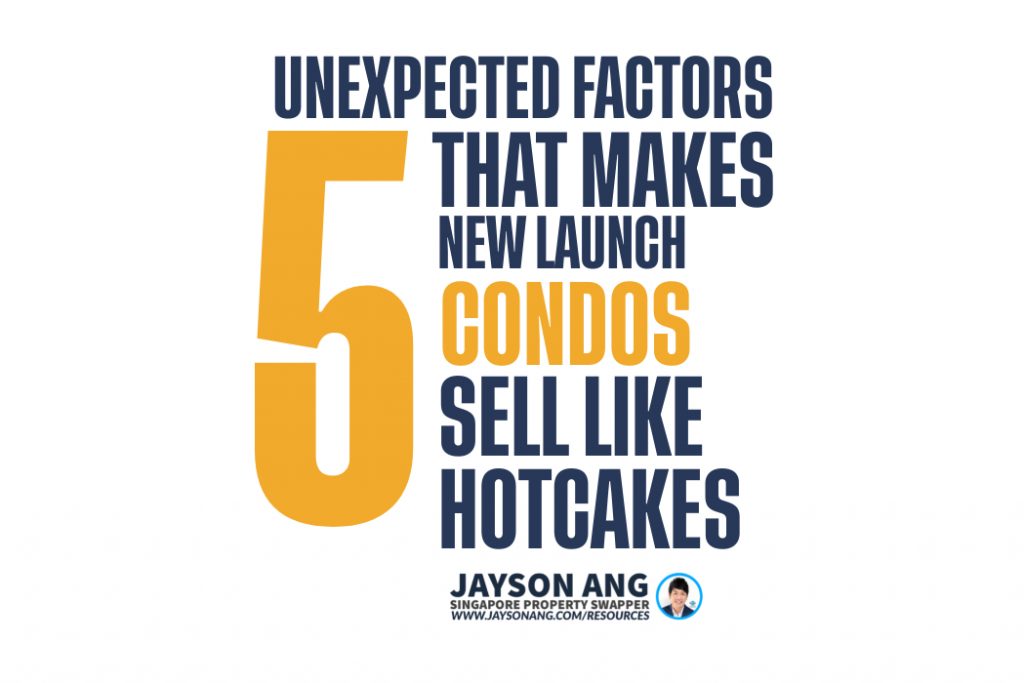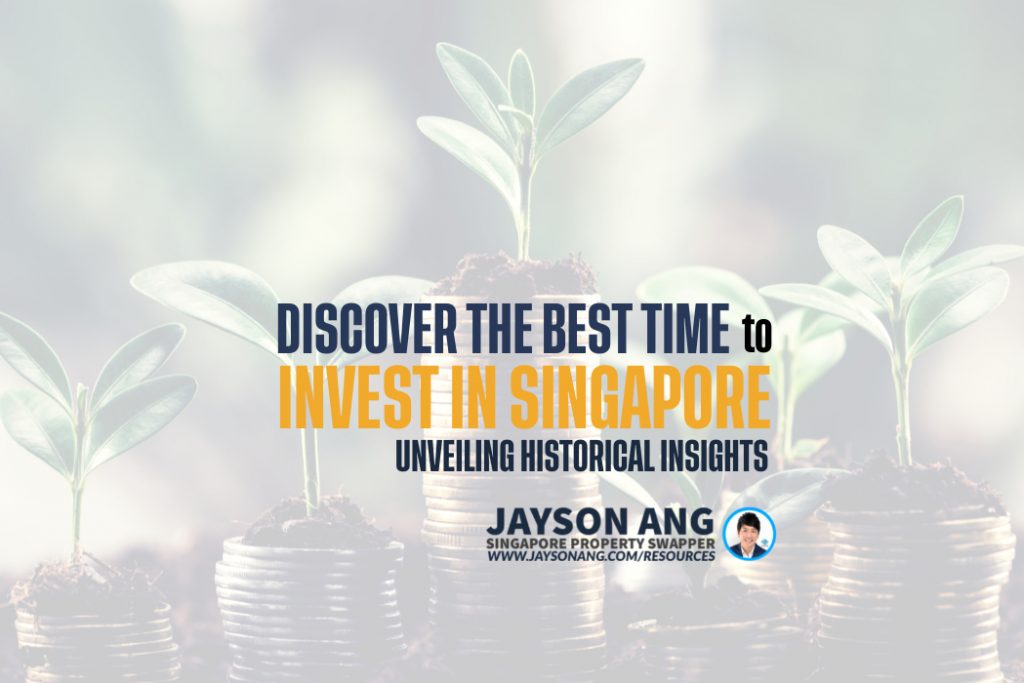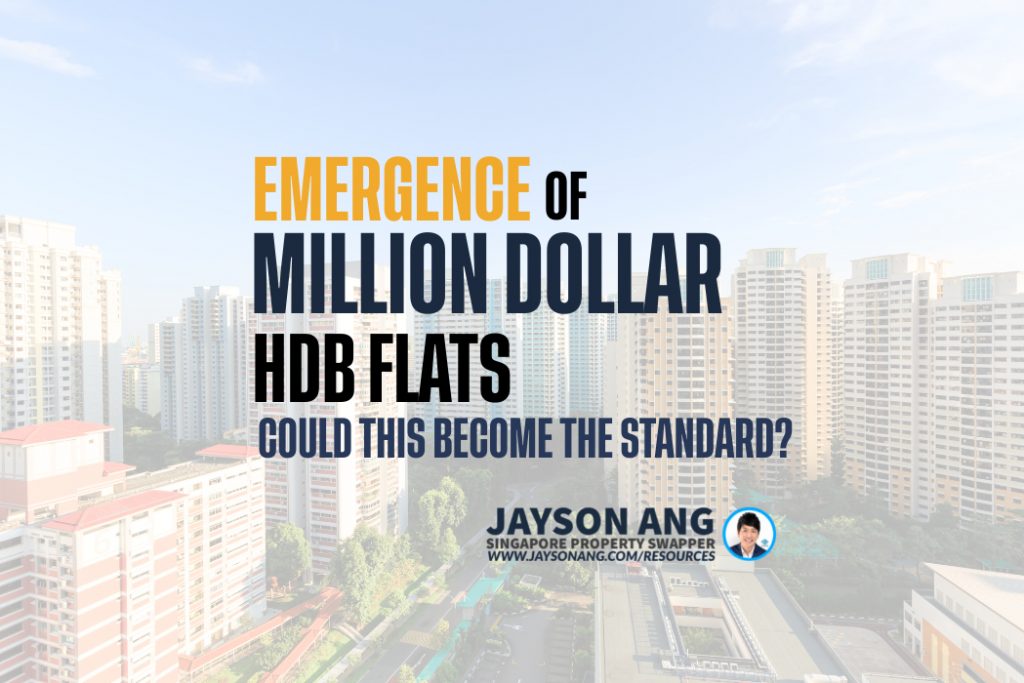When investing in Singapore property, it is essential to be aware of the various tax implications and considerations.
Here are the top five tax considerations to keep in mind:
1. Capital Gains Tax: Singapore does not impose capital gains tax on the disposal of real properties. However, gains from the sale of real properties may be considered taxable if the primary purpose of buying and selling is to make profits. It is crucial to understand the factors that determine whether a gain is capital or income in nature, such as the intention at the time of acquisition, the length of ownership, and the circumstances of the disposal.
2. Additional Buyer’s Stamp Duty (ABSD): Singapore imposes ABSD on the purchase of residential properties, with rates varying depending on the buyer’s residency status and the number of properties owned. For Singapore Permanent Residents, the ABSD rate is 5% for the first property purchase and 15% for subsequent purchases. Foreigners are charged a 20% ABSD rate for each property purchase. This duty is in addition to the standard Buyer’s Stamp Duty (BSD).
3. Property Tax: Property tax rates in Singapore are applied on a progressive scale for both owner-occupied and non-owner-occupied residential properties. For owner-occupied homes, the tax rate ranges from 4% to 16% beyond the first S$8,000 of a property’s annual value. Non-owner-occupied residential properties are subject to higher tax rates, which can impact investment returns.
4. Income Tax on Rental Income: Rental income derived from Singapore properties is subject to income tax. Individual taxpayers are taxed at a graduated marginal tax rate depending on their chargeable income. It is essential to consider the potential rental income tax liability when calculating the return on investment for a property.
5. Tax Treatments for Foreign Buyers: Foreign buyers of Singapore private properties must pay Stamp Duties and the ABSD Taxes, in addition to the annual payable property tax. It is crucial for foreign investors to be aware of these additional costs when considering investing in Singapore property.
In conclusion, understanding the various tax implications and considerations is crucial when investing in Singapore property. By being aware of these factors, investors can make informed decisions and optimize their investment returns.
Should You Buy, Sell or Wait?
If you’re reading this, you must be trying to figure out the best course of action right now: is it the right time to buy or sell?
It’s difficult to give an exact answer since everyone’s situation is unique and what works for one person may not necessarily work for you.
I can bring you a wealth of on-the-ground experience and a data-driven approach to provide clarity and direction. From beginners to experienced investors, our top-down, objective approach will help you on your real estate journey.
I can help you by:
- Offering Strategic Real Estate Advice – I can help create a comprehensive plan to guide you through your property journey.
- Connecting Your Home with the Perfect Buyers – Through stunning visuals, an effective communication strategy, and an in-depth knowledge of the market, we’ll ensure your home is presented in the best possible way to fulfill your goals.
You May Also Like …

